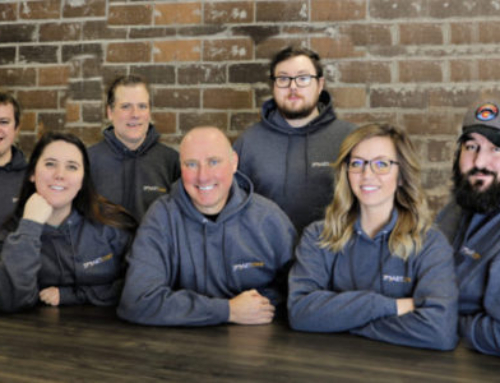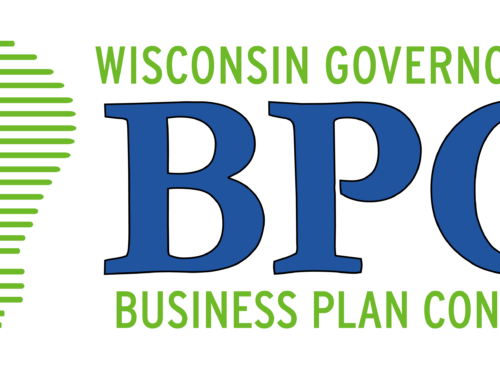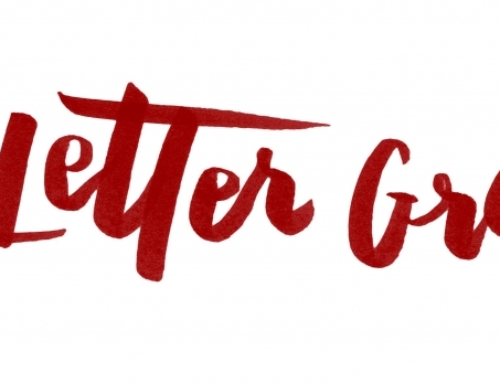Seed accelerators are cohort-based programs that offer investment funds, networking opportunities, mentorship, education and more. They are invaluable for startups to turn concepts into successful products—and Wisconsin has a diverse crop of accelerators that helps startups launch, grow and thrive in the state.
Wisconsin accelerators fall into two general categories: industry-specific and those with a broader, more general focus. The wide-angle approach is beneficial because accelerators can serve a variety of startup businesses within their geographic region. A specific focus pays dividends in a different way, says Taylor Baseheart, communications manager with The Water Council, which operates the Business-Research-Entrepreneurship-in Water (BREW) accelerator out of the Global Water Center in Milwaukee.
“What makes Wisconsin unique is its accelerators that are tied to strategic industries within the state,” Baseheart says. “These types of industry-specific accelerators serve as magnets for entrepreneurs from across the U.S. or even the world that want to take advantage of being located in a unique ecosystem that enables them to gain access to large corporations, universities and other entrepreneurs that are aligned with their core business model.”
For companies that participate in the BREW, that means the ability to connect with more than 200 water technology companies in Wisconsin, plus academic programs and utilities that are dedicated to the advancement of freshwater technologies.
“The Milwaukee region is a textbook case study on the profound impact of a comprehensive industry-cluster development approach,” Baseheart says.
Another specialty accelerator is FaBcap, a business and finance program designed to build the capacity and capitalization of food and beverage–related startups. It was designed in partnership with FaB Wisconsin, the state food and beverage industry cluster organization, and the Food Finance Institute with grant support from WEDC and FaB member sponsors. The accelerator has completed two 10-company cohorts, and the third will graduate after pitching on June 20 at Marquette University.
“We select 10 young Wisconsin-based food, beverage, ingredient, packaging or equipment manufacturers or technology companies with demonstrated sales and ambitions to grow their business,” explains Shelley Jurewicz, executive director of FaB Wisconsin.
These 10 participants, referred to as “Cappers,” benefit from a dedicated industry coach and facilitated cohort meetings. They officially graduate and receive a $10,000 check after participating in an Innovation Market & Pitch event. Even after that, FaB continues to provide Cappers with support opportunities via the alumni network, which is growing with each class. Both the program itself and the follow-up are instrumental for startups, Jurewicz adds.
“It’s difficult for a tech-based accelerator program to address the production, distribution, funding and food safety challenges a food entrepreneur will face,” she says. “FaBcap surrounds our Cappers with related experience, resources and tools.”
Structured timeline promotes increased activity and engagement
Another benefit of the accelerator model is that it forces startups to focus and set goals. Most accelerators, particularly those for very new startups, have a set timeline. This means that the startups are engaging in specific activities with an end goal in sight, requiring them to set and then meet a firm series of benchmarks.
For instance, at the Midwest Energy Research Consortium’s (M-WERC’s) WERCBench Labs accelerator, startups in the energy, power and control sector spend a 16-week session immersed in the resources and connections they need to grow their businesses. The accelerator, which receives funding support from WEDC, also offers each business a $20,000 grant and a $20,000 royalty-based loan for the 16 weeks, according to Jacquin Davidson, managing director of WERCBench Labs.
“Once applicants are approved, they come to the M-WERC Energy Innovation Center in Milwaukee once a week for extensive classes on customer identification and validation, business models, marketing and sales, financials, legal issues and pitching to potential customers and investors,” Davidson says. “The class instructors are industry professionals and educators and are extremely interactive with the businesses. During the 16 weeks, the businesses also are offered a prototyping space and office space.”
Wisconsin’s accelerators combine resources to encourage more development
While the startup world is competitive, particularly among companies in a single industry, accelerator communities tend to be more open and collaborative. Wisconsin built a network where startups can tap into expertise locally and across the world, thanks to two accelerators—the BREW and gener8tor—which are accepted members of the Global Accelerator Network.
“We foster good working relationships and leverage experts from other successful accelerator and I-Corps programs as coaches for our program,” Baseheart says. “It’s one of the benefits of Milwaukee and its very lively startup ecosystem.”
Accelerators in Wisconsin
Wisconsin’s statewide network of accelerators benefits startups in many different industries. For more information on each accelerator’s programs and areas of expertise, visit their individual websites:
- 100 State, Madison
- Alta Resource Center, Oshkosh
- American Family Business Accelerator, Madison
- Backline/88.9 Radio, Milwaukee*
- BizStarts Milwaukee, Milwaukee
- Blueprint/YES, Milwaukee*
- Business-Research-Entrepreneurship-in Water (BREW) – The Water Council, Milwaukee*
- CELEB Beloit, Beloit
- Center for Technology Commercialization, Madison
- The Commons, Milwaukee
- Cream City Labs, Milwaukee
- CVTC Applied Technology Center, Eau Claire
- The Development Association, Superior
- Discovery to Product, Madison
- Entrepreneurial & Education Center, Wausau
- FaBcap, Milwaukee*
- gBeta, Milwaukee
- Gener8tor, Madison, Milwaukee, Minneapolis
- MadWorks CoWorking, Madison*
- M-WERC’s WERCBench Labs, Milwaukee*
- Springboard Enterprises, National
- Titletown Tech, Green Bay
- Whitewater University Technology Park, Whitewater
- Wisconsin Women’s Business Initiative Company, Kenosha, Madison, Milwaukee, Racine
- UWM Innovation Campus, Wauwatosa
- UW Oshkosh/CEI, Oshkosh*
- Ward4, Milwaukee
- WWBIC Growth Accelerator, Appleton, Kenosha, Madison, Milwaukee, Racine*
* indicates funding support from WEDC









FOLLOW US